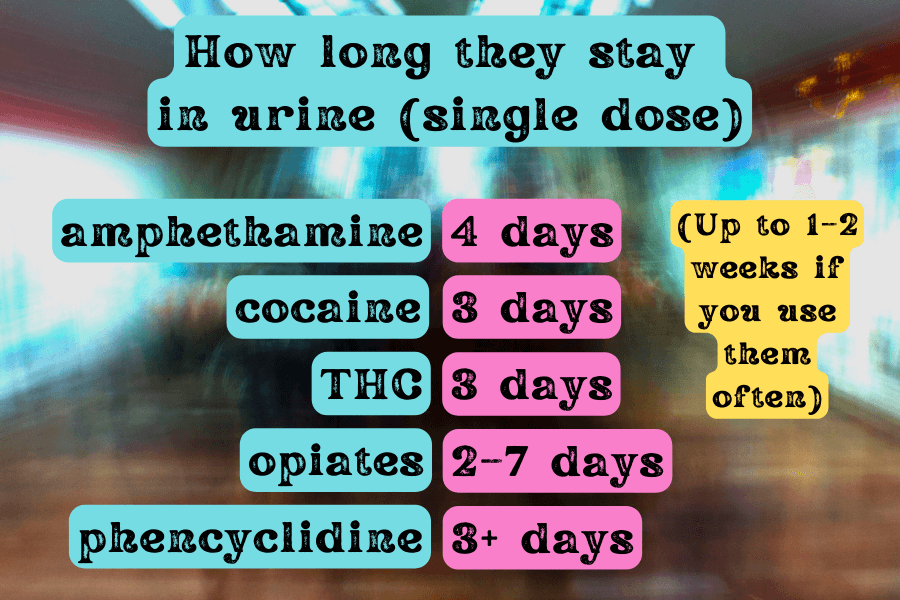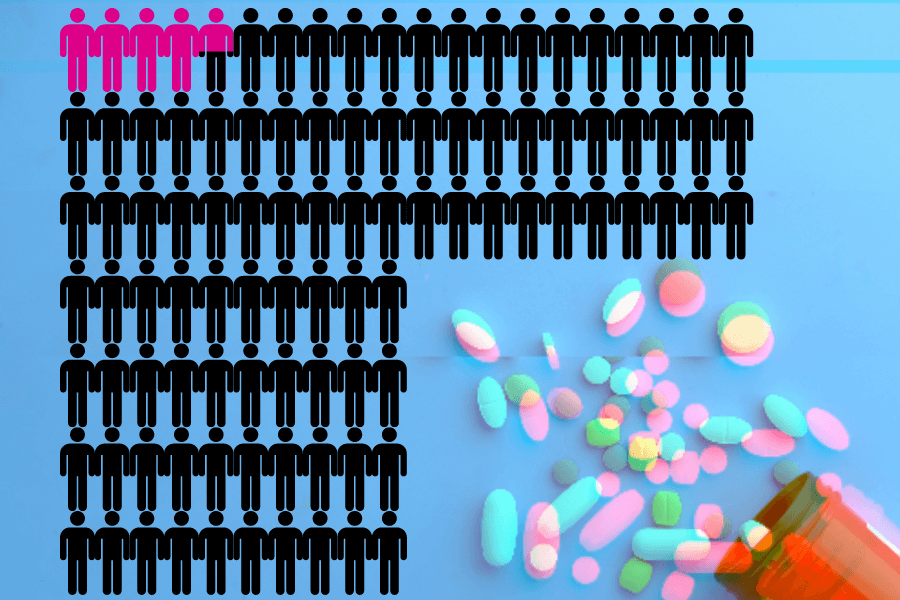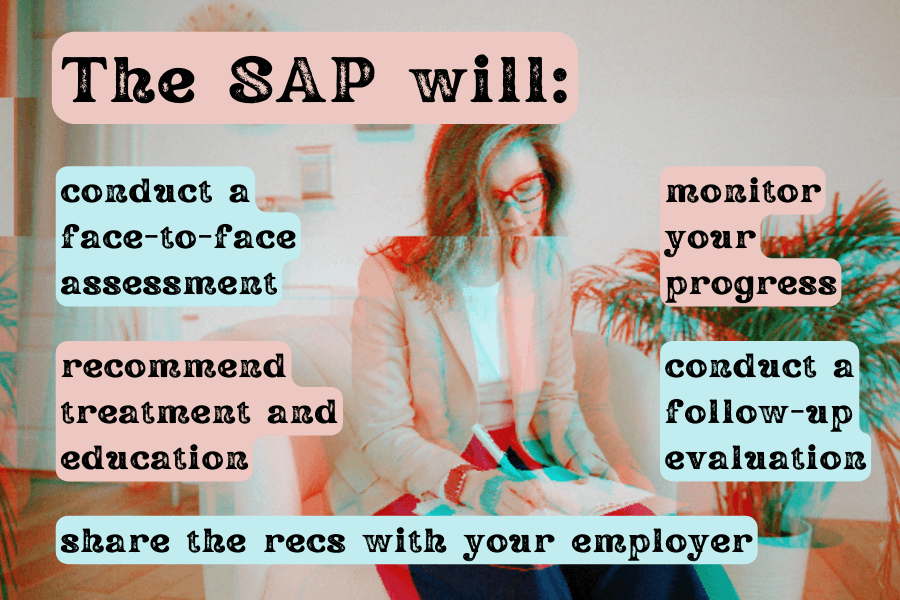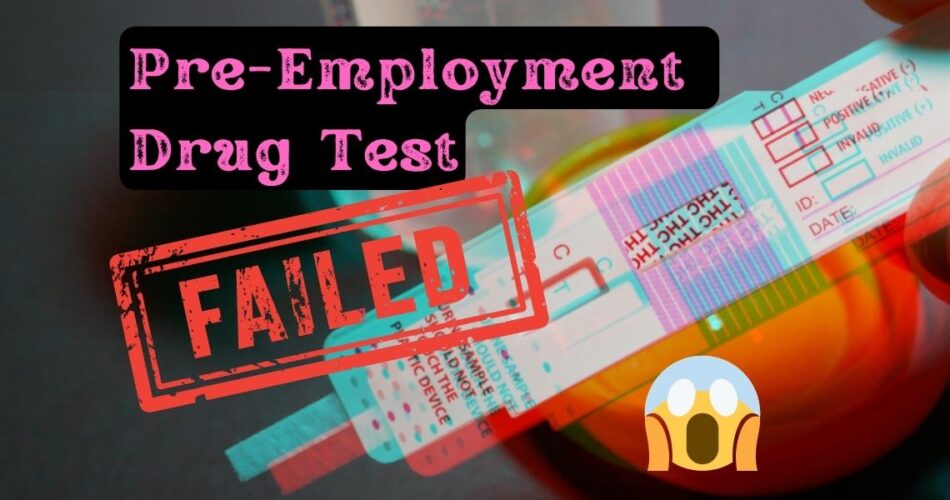What happens if you fail a pre-employment drug test might not be as scary as you think. Employers may opt to test candidates for drug use for a number of reasons – in some workplaces, it’s mandated by law. But what happens if you test positive? Will it ruin your career? Let’s consider a few scenarios.
TL;DR
- In most situations, the only thing that happens is you don’t get the job 🤷
- If it was a DOT drug test, the result will go on your record and you’ll need to complete the Return-to-Duty program led by a substance abuse professional 📝
- If you were applying for a government position, you might be in a tough spot – your employer will be able to disclose the information when you next go through a background check for a similar position ⚠️
What Workplaces Require Drug Tests?
Not all employers will test their candidates for drugs. It’s required by the Department of Transportation (DOT), though, so you won’t be able to get any safety-sensitive driving job while using drugs or alcohol. Also, in Delaware, testing is specifically required by law for everyone who wants to work in long-term care facilities and home health agencies.
Federal employees may also be subject to random drug testing if there’s reasonable suspicion that someone in the workplace is using drugs. All these laws are in place to ensure a drug-free workplace when it matters the most. But what happens if you fail a pre-employment drug test? We’ll cover the consequences in a bit.
What Substances Do Drug Tests Screen For?
Private employers decide the list of drugs for themselves. Normally, drug screening includes:
- amphetamines and methamphetamines;
- cocaine;
- marijuana (except in New York, where testing for it is only permitted in certain circumstances);
- opiates (opium and codeine derivatives);
- phencyclidine (PCP).
These are the illegal drugs that the DOT drug test screens for, but employers can decide to test applicants for other substances as well. For example, some may be concerned about LSD, so they’ll include it in their testing policies. Standard urine tests are 5-panel, so they screen for the substances we’ve listed above.

Other Possibilities
If your potential employer happens to use an 8-panel test, they’ll likely also screen for barbiturates, benzodiazepines, and oxycodone. There are even 12-panel drug tests, which include all of the above plus methadone, propoxyphene, tricyclic antidepressants and their metabolites.
How Many People Fail the Test, on Average?
Before we tell you what happens if you fail a pre-employment drug test, let’s see how common positive drug test results actually are. Of course, it depends on who you ask – some employers see rates as high as 10%, while others rarely have applicants fail drug tests at all.
On average, about 4.5% of drug and alcohol test samples come back positive. Is that a lot? Maybe yes, maybe not. But all those people need to make a living after the fact somehow, don’t they? Will the positive result ruin their careers forever?

News Story 🔍
Have you heard that poppy seeds might lead to failed drug tests? It’s not a joke! In February 2023, the U.S. Department of Defense warned troops that they shouldn’t eat poppy seeds, not even on bagels, or they might test positive for opiates. It’s not that surprising, considering that opium naturally occurs in poppies, but who would’ve guessed that even such tiny amounts could show up on a urine drug test? Here’s the source if you want to learn more!
What Happens If You Fail a Pre-Employment Drug Test, in General?
If you test positive, it’s not the end of the world! In the vast majority of cases, your failing or passing a drug test is between your would-be employer and you. It doesn’t go “on your record” or “in your files” in any way. So what happens if you fail a pre-employment drug test? You won’t get the job, and that’s it. You’d likely received a conditional job offer prior to the test, stating that if you fail it, you won’t be hired.
You can still apply for other jobs in the same industry. Just steer clear of substance abuse in the future, and you’ll have the same chances of getting employed as everyone else. There is one exception to this, though. Do you remember what we said about the Department of Transportation?
Well, if you fail a DOT drug test, you won’t be forgiven as easily. In that case, it will stay in the FMCSA Clearinghouse for 5 years, and you’ll be forced to go through a rehabilitation program (called the Return-to-Duty process) before you can get a trucking or piloting job. A substance abuse professional (SAP) will guide you through this process, and then you’ll need to take a follow-up test to prove that you’ve stopped drug abuse.

Will Other Employers Know About Your Failed Pre-Employment Drug Test?
It depends. Federal and state agencies might disclose your test results to other employers in the same category. But if you were applying to work at a private company, it’s against the law for the company to share your drug screening results with anyone. So if you’ve had a slip-up with substance use, don’t worry – it likely won’t ruin your career… unless you keep taking drugs and run into legal trouble because of it.
To sum it up, what happens if you fail a pre-employment drug test is nothing too bad. The company will refuse to hire you and you’ll be able to try again elsewhere. The only exceptions are for commercial drivers and federal employees.
Similar Posts:
- LSD on a Drug Test: How Long Does LSD Stay Detectable?
- Does CBD Show on DOT Drug Screen? (False Positive Drug Test Results)
- Does the Military Test for LSD? Drug Testing Policy According to the DoD
- Do Shrooms Show Up On a Drug Test? How Long Do Shrooms Stay in Your System? Find Out More About Psilocybin Mushrooms
- How to Fight a Failed DOT Drug Test? SAPs and False Positives
- Half Life of LSD: How Long Does LSD (Half Dose) Stay in Your Bloodstream?
- How Long Does LSD Stay in Your System: A Full Guide




